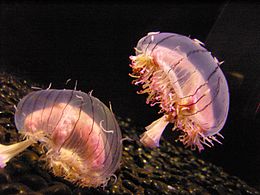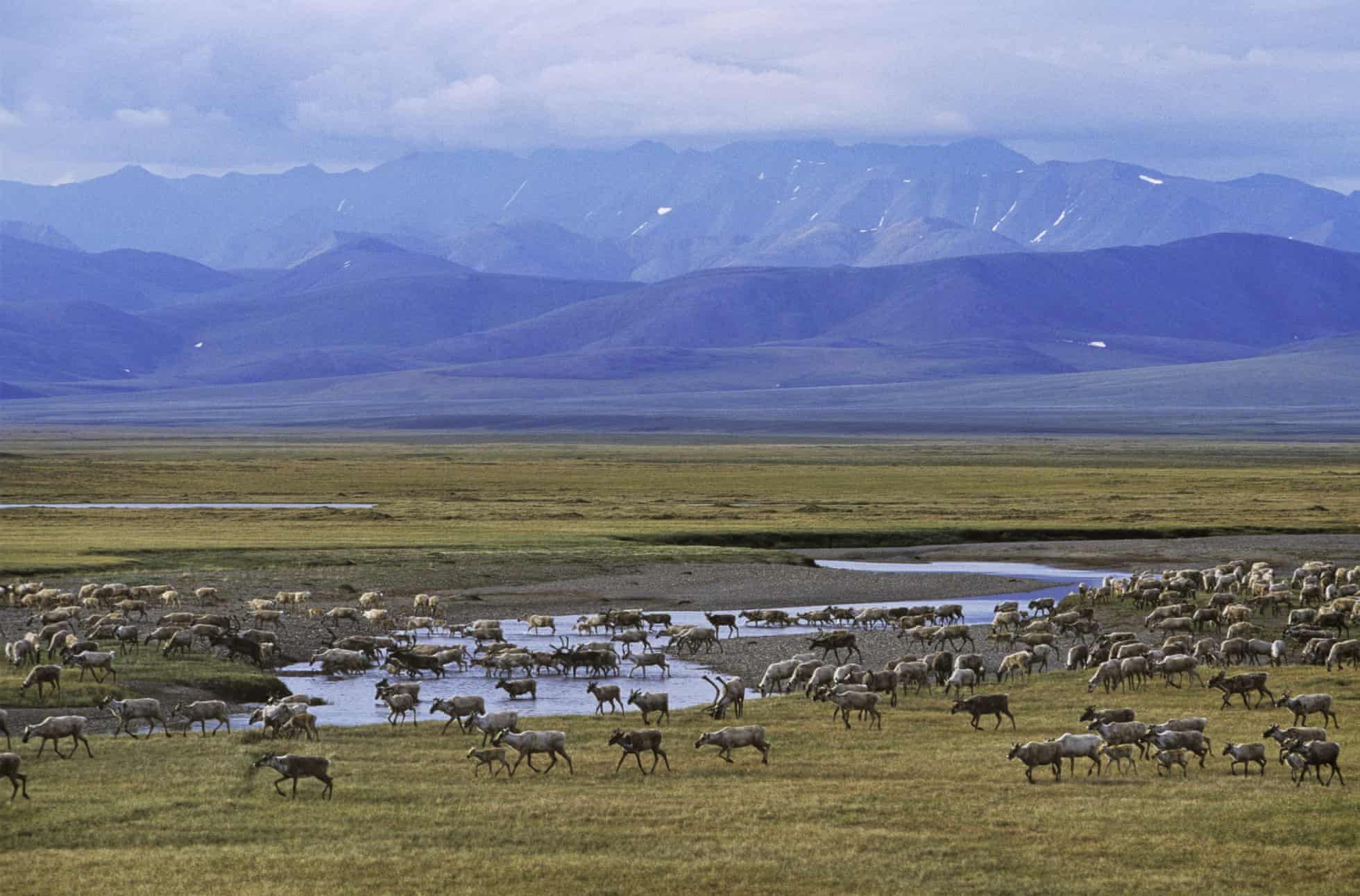 Warming ocean waters are causing the largest movement of marine species seen on Earth in more than two million years, according to scientists. In the Arctic, melting sea ice during recent summers has allowed a passage to open up from the Pacific ocean into the North Atlantic, allowing plankton, fish and even whales to into the Atlantic Ocean from the Pacific.
Warming ocean waters are causing the largest movement of marine species seen on Earth in more than two million years, according to scientists. In the Arctic, melting sea ice during recent summers has allowed a passage to open up from the Pacific ocean into the North Atlantic, allowing plankton, fish and even whales to into the Atlantic Ocean from the Pacific.
The discovery has sparked fears delicate marine food webs could be unbalanced and lead to some species becoming extinct as competition for food between the native species and the invaders stretches resources.
Rising ocean temperatures are also allowing species normally found in warmer sub-tropical regions to into the northeast Atlantic.
A venomous warm-water species Pelagia noctiluca has forced the closure of beaches and is now becoming increasingly common in the waters around Britain. The highly venomous Portuguese Man-of-War, which is normally found in subtropical waters, is also regularly been found in the northern Atlantic waters.
A form of algae known as dinoflagellates has also been found to be moving eastwards across the Atlantic towards Scandinavia and the North Sea. Huge blooms of these marine plants use up the oxygen in the water and can produce toxic compounds that make shellfish poisonous.
Plankton sampling in the north Atlantic over the past 70 years have also shown that other species of plankton, normally only found in the Pacific ocean, have now become common in Atlantic waters.





 The US Senate rejected an effort on Wednesday to halt a contentious US Fish and Wildlife...
The US Senate rejected an effort on Wednesday to halt a contentious US Fish and Wildlife... Melissa intensified into a hurricane on Saturday, Oct. 25, as it continued its slow slog across...
Melissa intensified into a hurricane on Saturday, Oct. 25, as it continued its slow slog across... As Hurricane Melissa crept closer to Jamaica on Monday, Oct. 27, the island nation braced for...
As Hurricane Melissa crept closer to Jamaica on Monday, Oct. 27, the island nation braced for... The Trump administration has approved more oil and gas drilling across Alaska’s Arctic national wildlife refuge...
The Trump administration has approved more oil and gas drilling across Alaska’s Arctic national wildlife refuge...






























